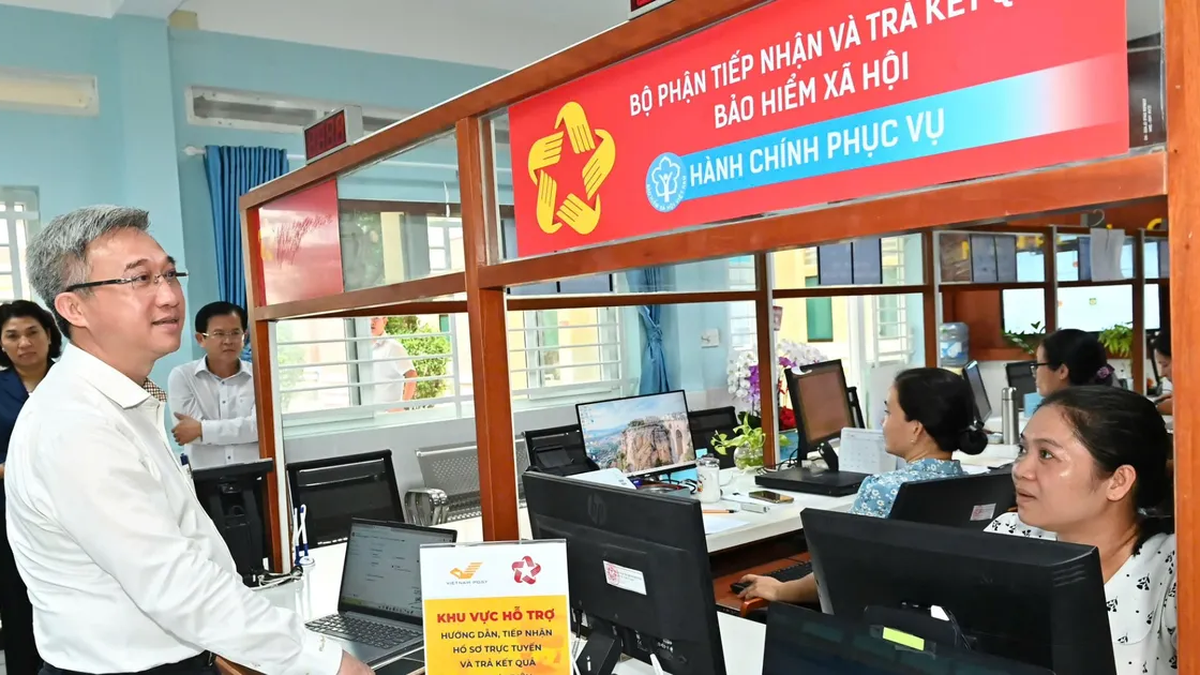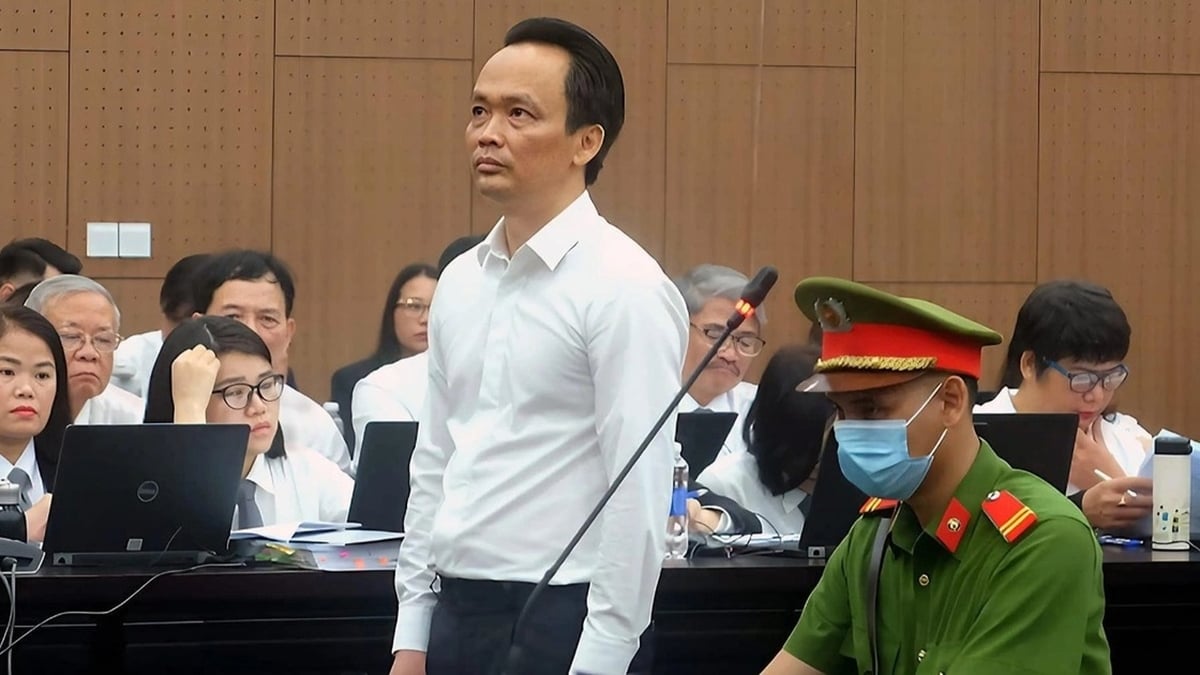The February 28 tragedy exposed decades of safety failures on Greece's railways and has put huge pressure on the country's conservative government ahead of national elections.

Riot police form a security cordon in front of the Hellenic Train headquarters in Athens during a protest. Photo: AFP
Police said more than 40,000 people protested nationwide on Thursday, including 25,000 in Athens and about 8,500 in the cities of Thessaloniki and Patras.
The rail disaster occurred just before midnight when a passenger train collided head-on with a freight train in central Greece after both mistakenly traveled on the same track. Most of the passengers were students returning from a weekend break.
Thursday's 24-hour strike was the biggest in the days since the disaster, this time called by Greece's leading private as well as public sector unions.
“Things have to change…” said protester Stavroula Hatzitheodorou in Athens, referring to the deadly wildfires that have engulfed Greece in recent years as well as the train crash.
A station master and three other railway officials have been charged, but public anger has focused on long-standing mismanagement of the rail network.
Last week, about 65,000 people took part in protests across the country, including about 40,000 in Athens. In addition to the 57 people who died, several victims of the crash remain in hospital.
The Italian state-owned company that runs the rail service in Greece, Hellenic Train, said those injured in the accident and the families of those killed would receive between 5,000 and 42,000 euros in compensation.
"We don't want their money... this is a mass murder, I refuse to accept an apology from the murderers," Pavlos Aslanidis, the father of one of the victims, told Alpha TV on Thursday.
Greece's transport minister resigned after the crash and Greek officials have sought to calm public anger by repeatedly apologizing and promising a transparent investigation.
Rail traffic across the country was completely halted following the accident, although acting Transport Minister Georgios Gerapetritis said this week that services would gradually resume from March 22.
Mai Anh (according to AFP, CNA)
Source




















































![[Maritime News] More than 80% of global container shipping capacity is in the hands of MSC and major shipping alliances](https://vphoto.vietnam.vn/thumb/402x226/vietnam/resource/IMAGE/2025/7/16/6b4d586c984b4cbf8c5680352b9eaeb0)













































Comment (0)